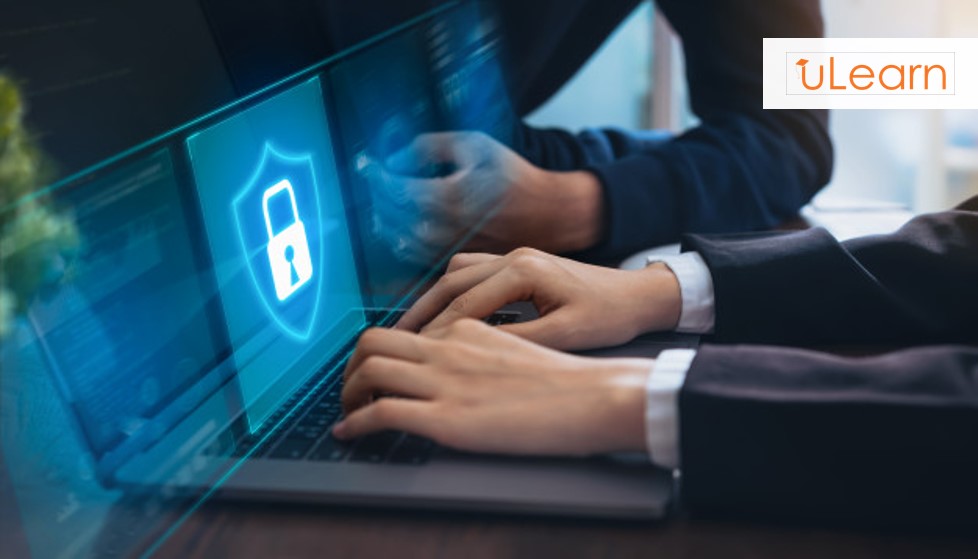Can online exams maintain integrity while respecting students’ privacy?

Academic institutions have found themselves at a crossroads with online exams. On the one hand, they have to ensure that exams are conducted without any instances of students’ cheating by continuously monitoring students’ activity through webcams, microphones, and computer screen access. On the other hand, they have to ensure that the data collected during the examination for proctoring purposes is not misused. This has raised the genuine concern of whether online examinations can be held with integrity while protecting student privacy. Let’s explore both sides of this coin to understand whether balancing them is possible, or you’ll have to end up compromising on one or the other.
Maintaining integrity in online examinations
The online proctoring tool should have robust security measures to ensure that there are no malpractices carried out by students during the examination. The online proctoring tool should have candidate authentication capabilities as a first line of defense to ensure that only eligible students are allowed for the examination. This can be done by providing students with login credentials in real-time, biometric authentication, or audio and video confirmation.
Once the examination has started, the examination tool should have a manual or automated proctoring to ensure candidates don’t cheat. This, too, involves the collection of student data such as their system screen, audio, and video recordings taken during the examination. The data can be analyzed in real time or stored on a server to be analyzed at a later stage to find instances of malpractices.
Protecting student privacy in online examinations
While the above data collection methods surely raise questions about student data privacy, data collection is necessary to carry out the exams in a fair manner. Thus, there is a need to find a workaround for data security in online examinations to ensure that student data privacy is maintained. Institutions need to ensure that the online proctoring tool provider has a strong data privacy policy in place. Some of the student data privacy policy commitments should include:
- Commitment to responsible supervising and appropriate use of data in adherence to data privacy laws.
- Not collecting student data beyond the required purposes.
- Protecting student privacy by storing the data on encrypted servers.
- Not selling or sharing personal data with third parties.
- Not disclosing data for advertising purposes without the consent of the student and parents.
- Not retaining data beyond the permitted time period.
- Ensuring that human proctors on the other end during examination can’t record the candidate’s screen or webcam data feed.
- Monitoring the proctor’s behavior to identify any inappropriate behavior and taking appropriate actions in case of any unethical behavior.
Redefine online proctoring with student privacy
Student data collection is an essential part of online examination, without which online examinations can’t be held in a fair manner. To address privacy concerns, you should always opt for a proctoring provider that understands the value of data privacy and has a strong student data privacy policy in place. You can always trust Ulearn to ensure student data privacy while maintaining integrity and security in the online examination. But you don’t have to take our word for it — it has already been trusted by 15,000+ schools and 1.5 million-plus students. To know more, feel free to contact us.




Recent Comments